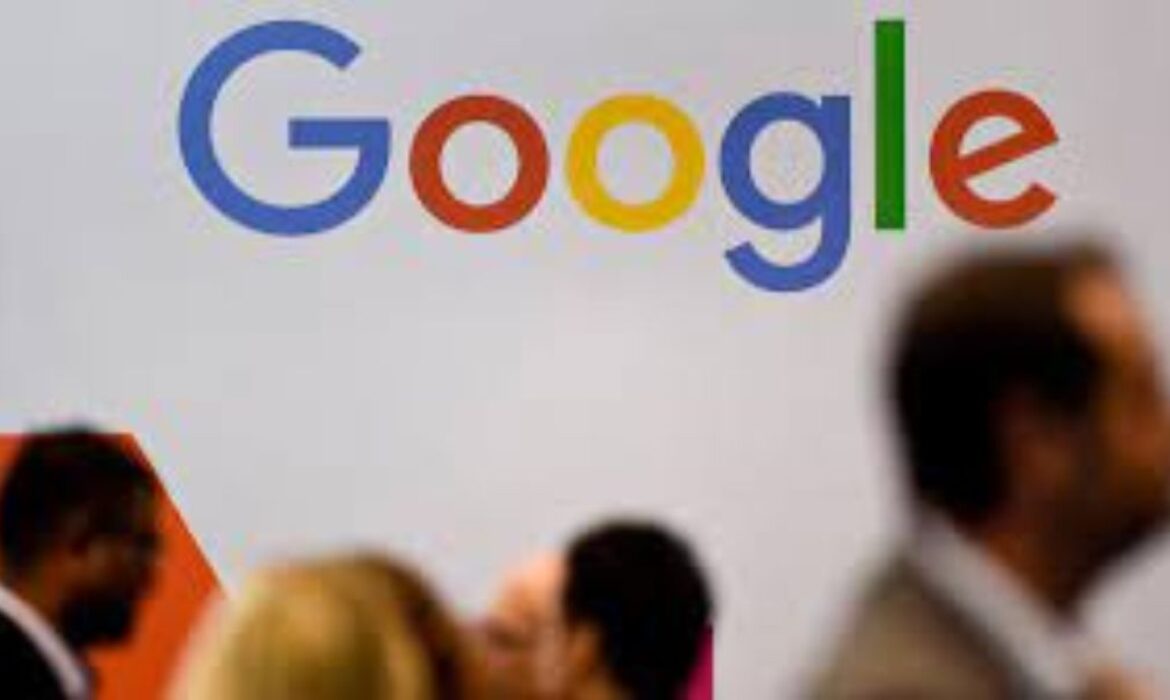Re-Inventing Adtech: The French Competition Authority’s Google Fine
The French Competition Authority ( ADLC), in an unprecedented move last week, announced its decision to penalize Google for 220 Million Euros. This decision comes in the backdrop of the tech giant’s anti-competitive activity in the AdTech sector. The relevance of such a ruling is that Google took advantage of its hegemony via numerous anti-competitive measures aimed to forestall rival agents at the expense of publishers.
ADLC’s decision to fine Google comes at a crucial time for the company when it is already under scrutiny for its AdTech practices by various other competition authorities. Such authorities include the Italian Competition Authority, Market Authority, the UK Competition, and the European Commission. On behalf of a multistate coalition in the US, the Texas Attorney General has also filed a lawsuit against Google.
The French Competition Authority has held Google accountable on the basis of the fact it engaged in two cases of abuse – one, where Google’s ad server favored its ad exchange, and two, where its ad exchange favored its ad server.
By sharing information of the price offered by rival ad exchanges to its ad exchange, Google used its ad server to favor it. Google’s Ad Exchange then used this information to enhance its bidding, and in varying the commission that it charged the publishers based upon the competition the company faced from rival ad exchanges.
Google also enforced limitations that were technical and contractual in nature on the use of its ad exchange through a third-party ad server. As a result, the interoperability terms offered to third-party servers were inferior to the terms between its ad exchanges and ad server. This fined both third-party ad exchanges and the publisher clients.
ADLC’s groundbreaking decision has also laid down the harmful effects of Google’s behavior on publishers. It is harmful because Google’s activity has prohibited publishers from seeing a more invisible net negative effect.
To elaborate further on the harmful effect, they include –
- High pricing on its ad exchange where Google behavior hindered competition
- A poor publisher revenue because of Google’s attempt to degrade its rival’s SSP’s performance against Google ad exchange, which makes the ad exchange’s contribution look much bigger than it actually was
- ADLC explicitly laid down an instance where Google’s mechanisms might come across as if they are benefitting publishers but in actuality, they don’t. ADLC said- “Google’s ad exchange’s dynamic revenue share reduces not only the impression volumes won by rival SSPs, but also the total revenue of the publisher”.
The French Competition Authority’s move to fine Google is necessary and critical and it addresses at least some of the anti-competitive tactics employed by Google. This decision is significant in re-inventing the AdTech space and recreate competition and innovation. Because of this move, the publishers – who are the immediate victims of Google’s activities – will gain more freedom. The publishers will be able to choose their technology partners and regain control of their most important assets such as content, audience, and data.
Overall, ADLC’s decision is just one groundbreaking move in creating a more just fabric for the AdTech sector, and there are more milestones to go.


